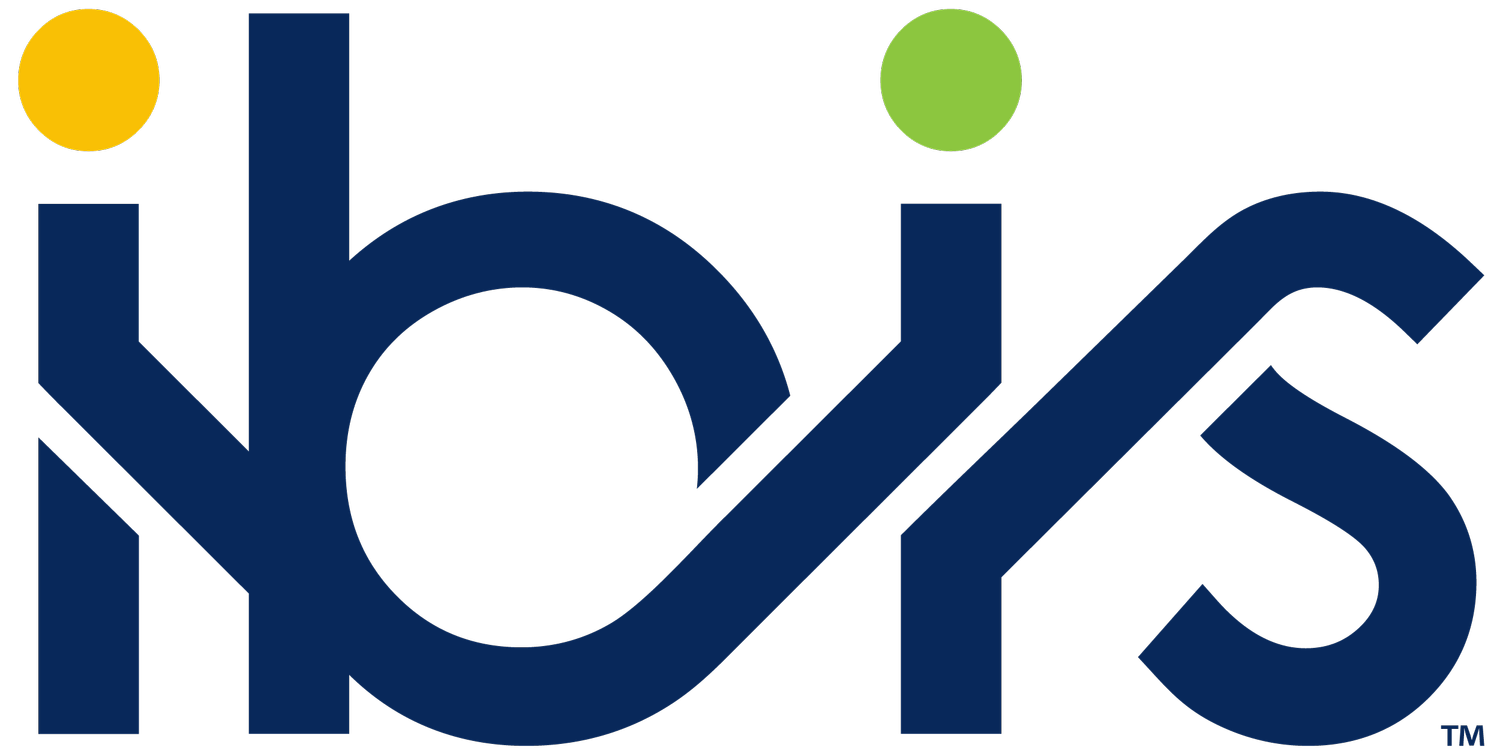Discover this Small Business's Key to Success for Operationalizing DEI
Moving the needle on DEI is possible through a range of systemic efforts that address different areas of the organization.
In fact…these efforts, identified through DEI assessments, result in significant, meaningful change that persists over time.
But for what size of organization? Does it work for small start-ups as well as it does for multinational companies?
In July, we took a deep dive into the process of DEI assessment at large and mid-size financial companies.
This month, we focus on a small start-up company called Own-Up as our DEI assessment case study.
Own Up is a mortgage brokerage service based in downtown Boston with fewer than 50 employees—and is committed to incorporating DEI in its foundation.
A recent webinar conducted by Dr. Enin Rudel, Senior Consultant at IBIS, and Karen Young, Senior Consultant and Assessment Lead at IBIS, highlighted the partnership with Own Up’s Co-Founder and CEO Patrick Boyaggi, and Olivia O’Connor, Director of People Operations at Own Up.
As with all DEI assessments, the one at Own Up started with listening.
“Ignorance is NOT bliss,” said CEO Patrick Boyaggi. “We ask for feedback and listen to what people have to say.”
But while the start-up was determined to grow from constructive quotes and trends collected by IBIS facilitators, they were also ready to appreciate the positive feedback that came with the assessment.
“It’s important to take pride in the things you are doing well,” said Director of People Operations Olivia O’Connor. “We’re hard on ourselves, but there is so much to celebrate and be proud of.”
O’Connor went on to point out that there is a negative narrative around DEI – feeling challenged and overwhelmed, with guilt and shame as motivation. “It’s a very different experience to understand that there are approaches, small wins, and ways to make progress – even in the midst of difficult times.”
The IBIS Assessment Process uses the proprietary Inclusive Organization Framework to holistically review and analyze each organization, resulting in a rating and set of recommendations to help develop DEI and achieve next-level goals.
The top 5 strategies for a systemic approach to operationalize and embed DEI are:
Leadership Buy-in and Engagement
Engaging the organization – communication, communication, communication
Utilizing the Inclusive Organizational Framework (systemic approach)
Combination of Qualitative and Quantitative Data Collection
Continuously measuring progress over time (alignment to organization’s metrics)
“It’s important to recognize that DEI isn’t a separate part of the business – it underlies everything,” said O’Connor, reflecting on the systemic approach taken to address DEI at Own Up.
Part of the process at this successful start-up was learning about how to best support middle managers on their DEI journey. It was one of multiple initiatives identified by the company, prioritized as part of the post-assessment experience.
“Figuring out what to do in the wake of the assessment can be difficult,” said Boyaggi. “There is a case to be made about having a consultation after the assessment, and identifying things like - what could we do best? What can we do next?”
O’Connor agreed that it was important to determine how best to apply the results of the assessment. She felt that key priorities included:
Using the organizational framework and roadmap as a touchstone
Sharing the data with the organization
Realizing the benefits of the feedback
“In our case, it was an overwhelmingly positive experience that served as a motivation and catalyst,” she said. “We are coming from a positive place of pride.”
No matter the size or industry of your organization, IBIS can provide assessments to support your organization’s DEI strategy…and provide a set of recommendations tailor-made to you.
